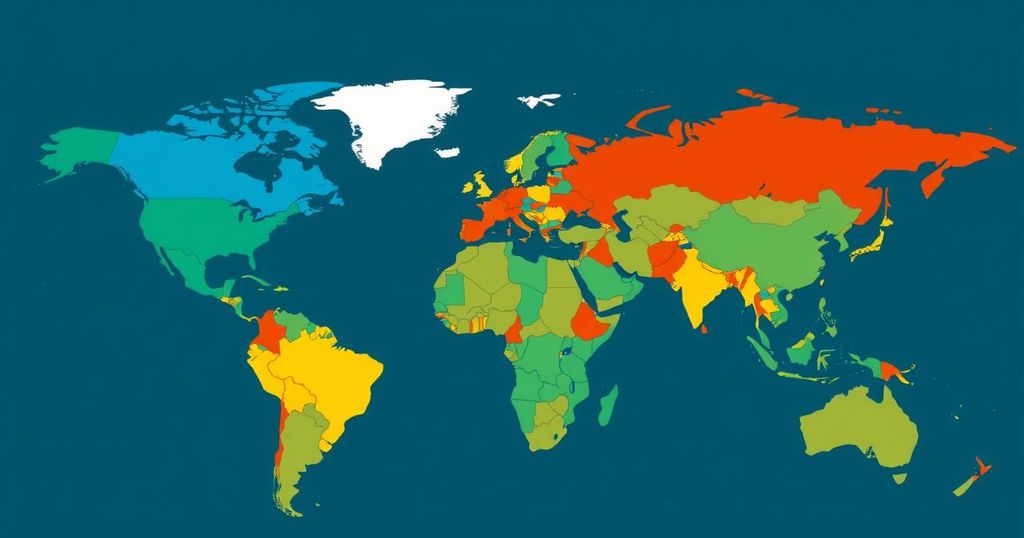Wealthy nations have begun funding climate change damages for poorer countries, illustrated by Malawi’s Christopher Bingala, who received $750 after Cyclone Freddy. This payment is part of the newly created loss and damage funding aimed at mitigating climate impacts on low-income nations, which bear the brunt of disasters despite contributing little to global emissions. As negotiations at COP29 continue, experts warn the funds pledged may fall short of addressing the urgent needs of these nations.
Recently, wealthier nations have begun compensating poorer countries for damages caused by climate change, exemplified by the case of Christopher Bingala in Malawi. Following the devastating Cyclone Freddy, which left 650,000 people displaced, Bingala received $750 to rebuild his home after losing everything. This compensation is part of a broader effort known as “loss and damage” funding, targeting the needs of low-income countries that face disproportionate impacts from climate disasters due to their limited contribution to global emissions. During the ongoing COP29 climate summit in Baku, discussions are underway to determine the extent and mechanism of this compensation framework, as experts warn that the pledged $720 million will not suffice given the escalating severity of climate-related events.
The concept of loss and damage funding arises from a growing recognition that low-income countries are suffering the brunt of climate change impacts while contributing minimally to global emissions. With richer nations historically responsible for significant greenhouse gas emissions, there is an emerging responsibility for them to support developing nations in coping with climate disasters. Events like Cyclone Freddy in Malawi highlight the urgent need for significant financial assistance to address not only immediate relief but also long-term adaptation and recovery.
The initiation of loss and damage funding represents a crucial step toward addressing the inequities of climate change impacts. However, the scale of funding pledged so far is inadequate in light of the increasing frequency and severity of climate events. As discussions continue at COP29, there is an urgent need for wealthier nations to fulfill their commitments to ensure the survival and recovery of vulnerable communities worldwide. Only through collaborative efforts can we mitigate the catastrophic consequences of climate change that threaten lives and livelihoods.
Original Source: www.delawarepublic.org






